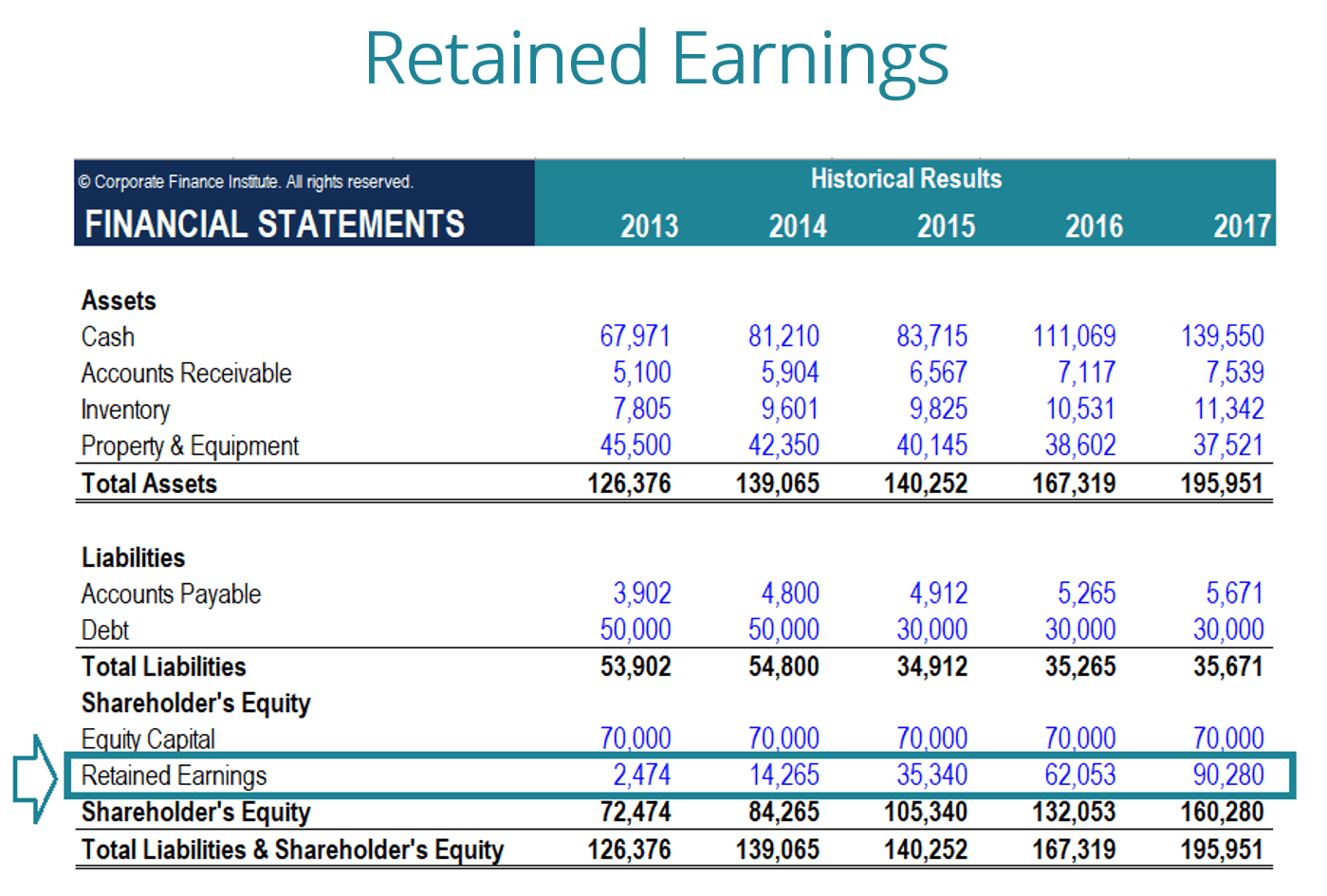All Income Statement Accounts Will Be Closed At The End Of The Period
:max_bytes(150000):strip_icc()/dotdash_Final_Income_Statement_Aug_2020-01-6b926d415b674b13b56bede987b7a2fb.jpg)
False assets liabilities and owner s capital are real accounts and do not get closed at the end of the period.
All income statement accounts will be closed at the end of the period. At the end of a company s fiscal year close all temporary accounts. Conversely permanent accounts accumulate balances on an ongoing basis through many fiscal years and so are not closed at the end of the fiscal year. Then the income summary account is closed to retained earnings a component of equity on the balance sheet. A temporary account is an account that is closed at the end of every accounting period to start a new period with a zero balance.
Assets liabilities and owner s capital are real accounts and do not get closed at the end of the period. Entries required to close the balances of the temporary accounts at the end of the period are called final entries f all income statement accounts will be closed at the end of the period. First all revenue and expense accounts are closed to an account called income summary. This reduces all income statement accounts to 0 so future periods can be accounted for with a clean slate.
True assets liabilities and owner s equity are permanent real accounts and do not get closed at the end of the period. T 17 at the end of the fiscal period prepaid expenses are reported on the income statement as expenses. The income summary account is also known as the clearing account. A closing entry is a journal entry made at the end of accounting periods that involves shifting data from temporary accounts on the income statement to permanent accounts on the balance sheet.
This is done in order to avoid a mix up of the balances between two or more accounting periods. 16 all income statement accounts will be closed at the end of the period. 1 true false 19. All income statement accounts will be closed at the end of the period true internal control is enhanced by separating the control of a transaction from the record keeping function.
Temporary accounts accumulate balances for a single fiscal year and are then emptied. All income statement accounts will be closed at the end of the period.


















